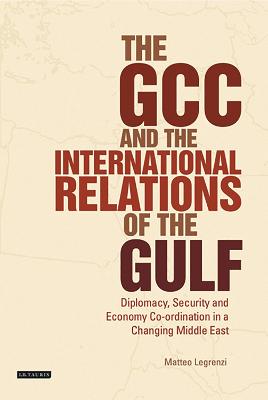Library of International Relations
2 total works
The Gulf Cooperation Council (GCC), made up of Saudi Arabia, Bahrain, Kuwait, Oman, Qatar and the United Arab Emirates (UAE), is one of the most resilient sub-regional organizations in the world, and the most successful in the Arab world. it has been the forum through which much security cooperation in this volatile sub-region has taken place, as well as the main representative for the UAE's territorial dispute with Iran over the Abu Musa and tunbs islands. the organization aims to enhance defence cooperation between its member states. it also has significant potential to foster economic integration and to present an alternative form of leverage over the international oil markets. Very little is known however about how the organization really works: how decisions are actually taken, as opposed to how this process is formally articulated in its charter, and what the GCC's real impact on member states, the gulf and international relations is.Drawing on cutting-edge ir theoretical perspectives as well as unique firsthand access to GCC decision-makers, Matteo Legrenzi explains the mechanisms of Gulf cooperation - and its limitations - in the context of economic globalization, diplomatic regionalization and the rise of Iran.
Combining historical context, primary source investigations and theoretical analysis, this is a comprehensive guide to the GCC and an indispensable resource for anyone concerned with the Gulf and the Middle East.
Combining historical context, primary source investigations and theoretical analysis, this is a comprehensive guide to the GCC and an indispensable resource for anyone concerned with the Gulf and the Middle East.

